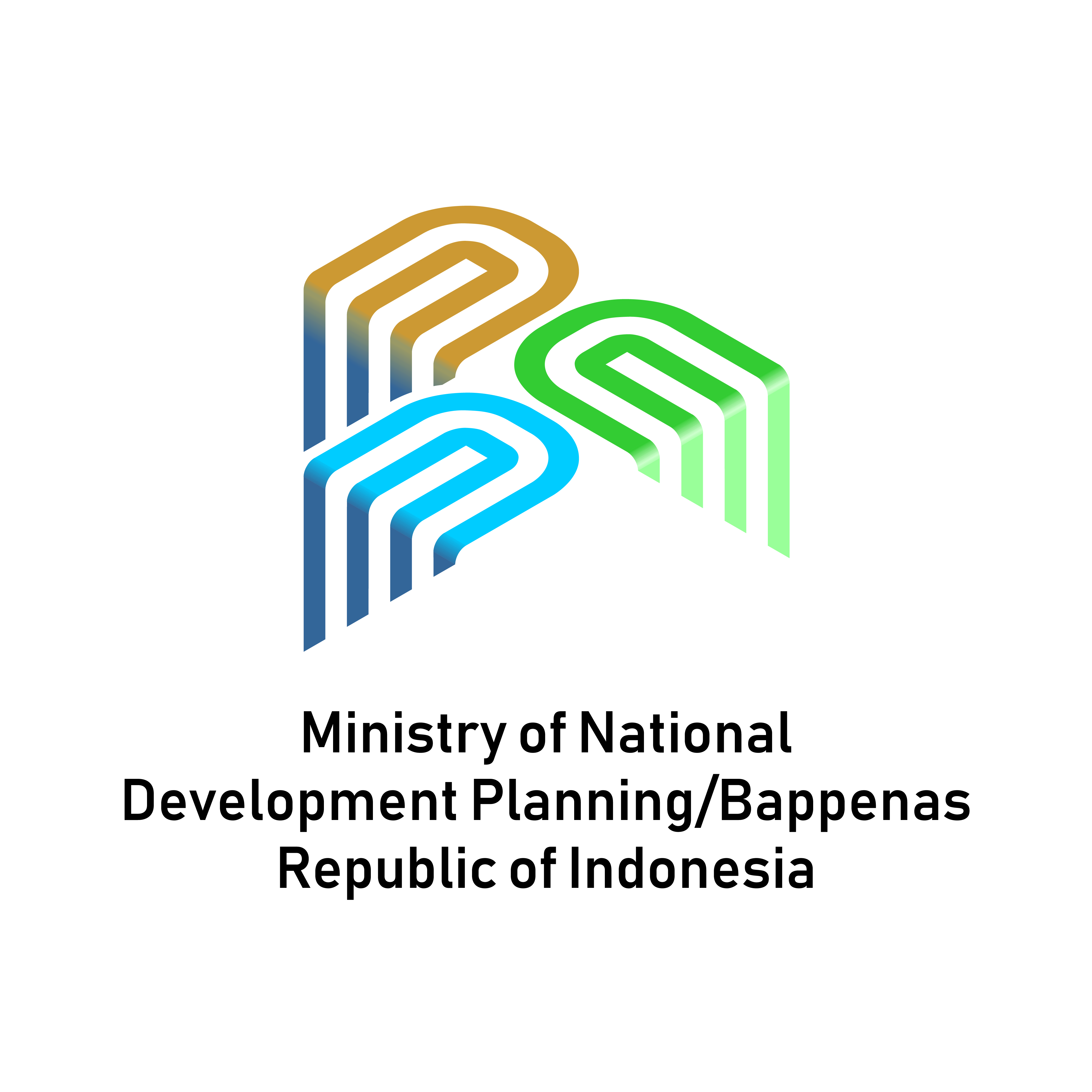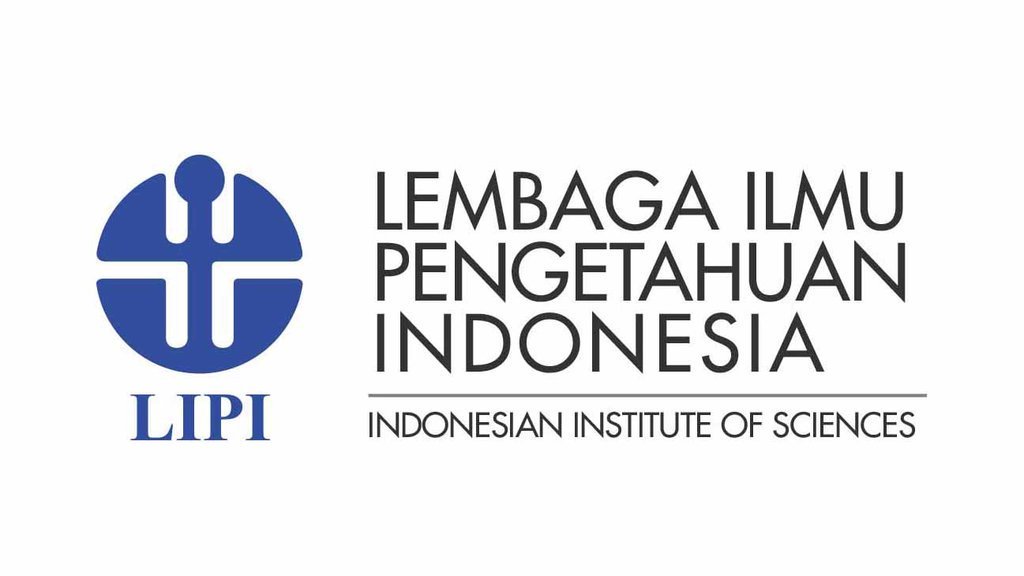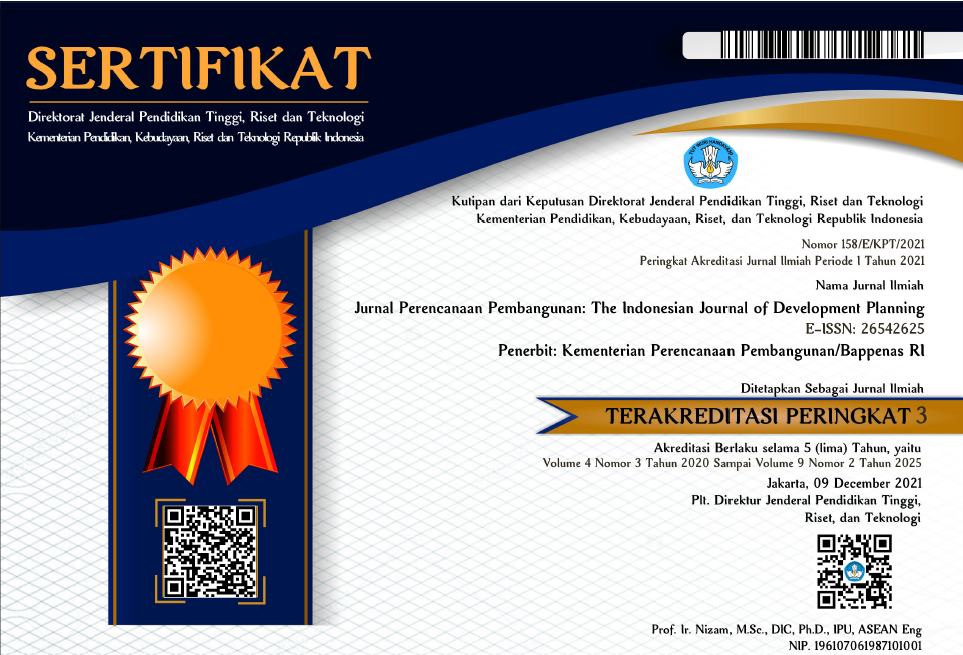Comparative Study of the Regulation and Planning of National Capital Authority-Owned Enterprises in Realizing Sustainable Development of the Nusantara's Capital City
DOI:
https://doi.org/10.36574/jpp.v8i2.574Keywords:
authority-owned enterprises, Capital City of Nusantara, sustainable developmentAbstract
After the stipulation of Presidential Decree no. 62 of 2022 concerning the Nusantara Capital Authority, the Authority can have power over business entities which is characterized by share control and ownership of shares of a business entity so that it becomes the domain of the IKN Authority in its management. However, in reality, adequate regulations to accommodate the formation and planning of the Authority-Owned Business Entity itself are not not yet in place. This research aims to find out how business entities owned by the state capital are regulated and planned in a comparative perspective and what the ideal concept of regulation and planning of authority owned business entities is in realizing sustainable development of the Nusantara Capital City. The research used normative juridical with a statutory approach, comparative approach and conceptual approach. The research results show that the concepts of the three countries are different. The concept from Australia requires the formation of a state-owned enterprise through the law of its capital region, namely the Territorial State-owned Corporation Act 1990. Meanwhile, India uses a registration mechanism by injecting funds from the government to mark it as a government-owned company according to its level in accordance with the provisions of the Company Law of India, 2013. Then China acknowledged the existence of controlling and non-controlling shares in government control as regulated in the Law of State-owned Assets Enterprise 2018 Revision. In this case, Indonesia can adopt it by establishing an authority-owned business entity using regulations from the head of the authority that are regulatory and based on sustainable development. In this way, the next generation can experience the development results of the authority's business entities.
Downloads
References
Abbott, M., & Cohen, B. (2014). A Survey of the Privatisation of Government-Owned Enterprises in Australia since the 1980s. Australian Economic Review, 47(4), 432–454. https://doi.org/10.1111/1467-8462.12072
Aisyah, S. N., & others. (2024). Penunjukan Kepala Otorita Ibu Kota Nusantara Menurut Undang-Undang Nomor 3 Tahun 2022. Prosiding Seminar Hukum Aktual Fakultas Hukum Universitas Islam Indonesia, 2(1), 87–104.
Akimov, A., & Simshauser, P. (2020). Performance measurement in Australian water utilities. Current state and future directions. Australian Journal of Public Administration, 79(1), 111–142. https://doi.org/10.1111/1467-8500.12376
Arifardhani, Y. (2019). Kemandirian Badan Usaha Milik Negara: Persinggungan Antara Hukum Privat Dan Hukum Publik. Jurnal Hukum Kenotariatan Otentik’s, 1(1), 54–72.
Arora, S. (2019). Evaluating the failing transit ridership of the Delhi Metro. Technische Universitat Munchen.
Asmara, G. (2022). Urgensi Kewenangan Diskresi Dalam Penyelenggaraan Pemerintahan Untuk Memajukan Kesejahteraan Umum. Jurnal Diskresi, 1(1).
Australian Capital Territory. (1990). Territory-owned Corporation Act 1990. Australian Capital Territory Government.
Butar-Butar, K. E., & Turisno, B. E. (2022). Juridic Review Of Granting Rights To Flat Units To Foreign Citizens Based On The Provisions Of Legislation In Indonesia. Awang Long Law Review, 4(2), 409–418.
Choudhury, D. K., & Gupta, V. (2023). Determination of Passenger-Carrying Cost of Delhi Redline Metro Using Physical System Theory and Garch Model and the Most Preferred Schedule of Metro Operation. Transportation in Developing Economies, 9(2), 13.
Fauzi, F., & Sujadi, S. (2023). Wewenang Otorita Ibu Kota Nusantara Selaku Pemegang Hak Pengelolaan Kawasan Ibu Kota Nusantara. Tunas Agraria, 6(3), 171–186.
Grafton, R. Q. (2019). Policy review of water reform in the Murray--Darling Basin, Australia: the “do’s” and “do’nots.” Australian Journal of Agricultural and Resource Economics, 63(1), 116–141.
Hadiningrat, K. P. S. S. (2023). Optimalisasi Pemanfaatan Barang Milik Negara Dalam Rangka Pembiayaan Ibu Kota Negara Nusantara. Jurnal Lemhannas RI, 11(1), 47–57.
Haira, H., Faradz, H., & Sanyoto, S. (2022). Juridical Overview of the Mechanism for the Forest Area Release and Investment Facilities for Infrastructure Development in Nusantara Capital City. Jurnal Dinamika Hukum, 22(2), 267–285.
Hu, F. Z. Y. (2015). Industrial capitalisation and spatial transformation in Chinese cities: Strategic repositioning, state-owned enterprise capitalisation, and the reproduction of urban space in Beijing. Urban Studies, 52(15), 2799–2821.
Icon Water. (2024). Who Are We? https://www.iconwater.com.au/about-us/who-are-we#:~:text=Icon Water Limited is an,and the bulk of Queanbeyan.
Kiranmai, J., & Mishra, R. K. (2019). Corporate governance practices in listed state-owned enterprises in India: An empirical research. Indian Journal of Corporate Governance, 12(1), 94–121.
Levi-Faur, D. (2023). The regulatory security state as a risk state. Journal of European Public Policy, 30(7), 1458–1471.
Li, H. Y. (2023). Understanding the Corporate Governance of China’s State-Owned Enterprises in the Context of the State-Owned Enterprises Reform: The Party, the State, and the Enterprises. Ohio St. Bus. LJ, 17, 210.
Lukito, R. (2022). “Compare But Not to Compare”: Kajian Perbandingan Hukum di Indonesia. Undang: Jurnal Hukum, 5(2), 257–291.
Marzuki, P. M. (2017). Penelitian Hukum: Edisi Revisi. Prenada Media.
Mas’ari, A. (2017). Sustainable Development Perspektif Maqashid Al-Syari’ah. Seminar Nasional Teknologi Informasi Komunikasi Dan Industri, 716–721.
Mustaqim, A. H. (2022). Mengonstruksi Masa Depan Indonesia: Situasi Retorikal tentang Ibu Kota Negara Nusantara. Jurnal Komunika Islamika: Jurnal Ilmu Komunikasi Dan Kajian Islam, 9(1), 1. https://doi.org/10.37064/jki.v9i1.12066
Musu, C. A., Prasetyo, M. A., Adhie, A. J., Gustawinata, M. A., & Marwandy, M. I. (2022). Undang-Undang Ibu Kota Negara Baru: Perdebatan Kecacatan Formil dan Materiil pada Aturannya. Iblam Law Review, 2(2), 79–97.
Nasir, M., Khoiriyah, E., Pamungkas, B. P., Hardianti, I., & Zildjianda, R. (2023). Kedudukan Hukum dalam Mewujudkan Keadilan dan Kesejahteraan di Indonesia. AL-MANHAJ: Jurnal Hukum Dan Pranata Sosial Islam, 5(1), 241–254.
Nasution, B. J. (2008). Metode Penelitian Ilmu Hukum. Bandar Maju.
Nugroho, D. (2022). Bentuk dan Kekhususan Ibu Kota Negara Nusantara dalam Negara Kesatuan Republik Indonesia. The Indonesian Journal of Politics and Policy (IJPP), 4(1), 53–62.
Nugrohosudin, E. (2022). Kedudukan Kepala Otorita Ibu Kota Nusantara dalam Undang-Undang Nomor 3 Tahun 2022. Jurnal Legislatif.
President of Indonesia. (2022). Presidential Regulation No. 62 of 2022 concerning Nusantara Capital Authority. Presiden Republik Indonesia.
Purwaningsih, A., Lubis, S. W., Hermawan, E., Andarini, D. F., Harjana, T., Ratri, D. N., Ridho, A., & Sujalu, A. P. (2022). Moisture Origin and Transport for Extreme Precipitation over Indonesia’s New Capital City, Nusantara in August 2021. Atmosphere, 13(9), 1391.
Rachmawati, R., Haryono, E., & Rohmah, A. A. (2021). Developing Smart City in the New Capital of Indonesia. 2021 IEEE International Smart Cities Conference (ISC2), 1–7.
Republic of China. (2009). Law of the People’s Republic of China on the State-Owned Assets of Enterprises. People’s Republic of China.
Republic of China. (2018). Company Law of the People’s Republic of China. People’s Republic of China.
Republic of Indonesia. (2023). Law No. 21 of 2023 concerning Amedments of Law No. 3 of 2022 concerning National Capital Citylic of Indonesia. Kementerian Sekretariat Negara Republik Indonesia.
Ruskola, T. (2019). People, Inc.? Law, Economic Enterprise, and the Development of Inequality in China. The American Journal of Comparative Law, 67(2), 383–434.
Sofiatin, D. A. (2020). Pengaruh profitabilitas, leverage, likuditas, ukuran perusahaan, kebijakan deviden terhadap nilai perusahaan (studi empiris pada perusahaan manufaktur subsektor industri dan kimia yang terdaftar di BEI periode 2014-2018). Prisma (Platform Riset Mahasiswa Akuntansi), 1(1), 47–57.
Sulistiono, L., & Wardana, D. J. (2023). Aspek Hukum Kedudukan Kepala Otorita Dalam Perspektif Pemerintahan Daerah Di Indonesia. UNES Law Review, 5(4), 2677–2688.
Syahnaz, A. Y. (2021). Korelasi Negara Kesejahteraan Dengan Demokratisasi Kehidupan Masyarakat sebagai Wujud Negara Paripurna. Spektrum Hukum, 18(1).
Tahir, E., & others. (2022). KEDUDUKAN PERATURAN OTORITA IBU KOTA NUSANTARA DALAM SISTEM PERATURAN PERUNDANG-UNDANGAN. Jurnal Hukum Positum, 7(2), 314–341.
Yunus, N. R. (2018). Aktualisasi Welfare State Terhadap Kehidupan Bernegara Dalam Dimensi Keislaman dan Keindonesiaan. Mizan: Journal of Islamic Law, 3(2).
Downloads
Published
How to Cite
Issue
Section
License
Copyright (c) 2024 Jurnal Perencanaan Pembangunan: The Indonesian Journal of Development Planning

This work is licensed under a Creative Commons Attribution-NonCommercial-ShareAlike 4.0 International License.
This is an open-access article distributed under the terms of the Creative Commons Attribution-NonCommercial-ShareAlike 4.0 International License. Copyright © Kementerian PPN/Bappenas RI


















